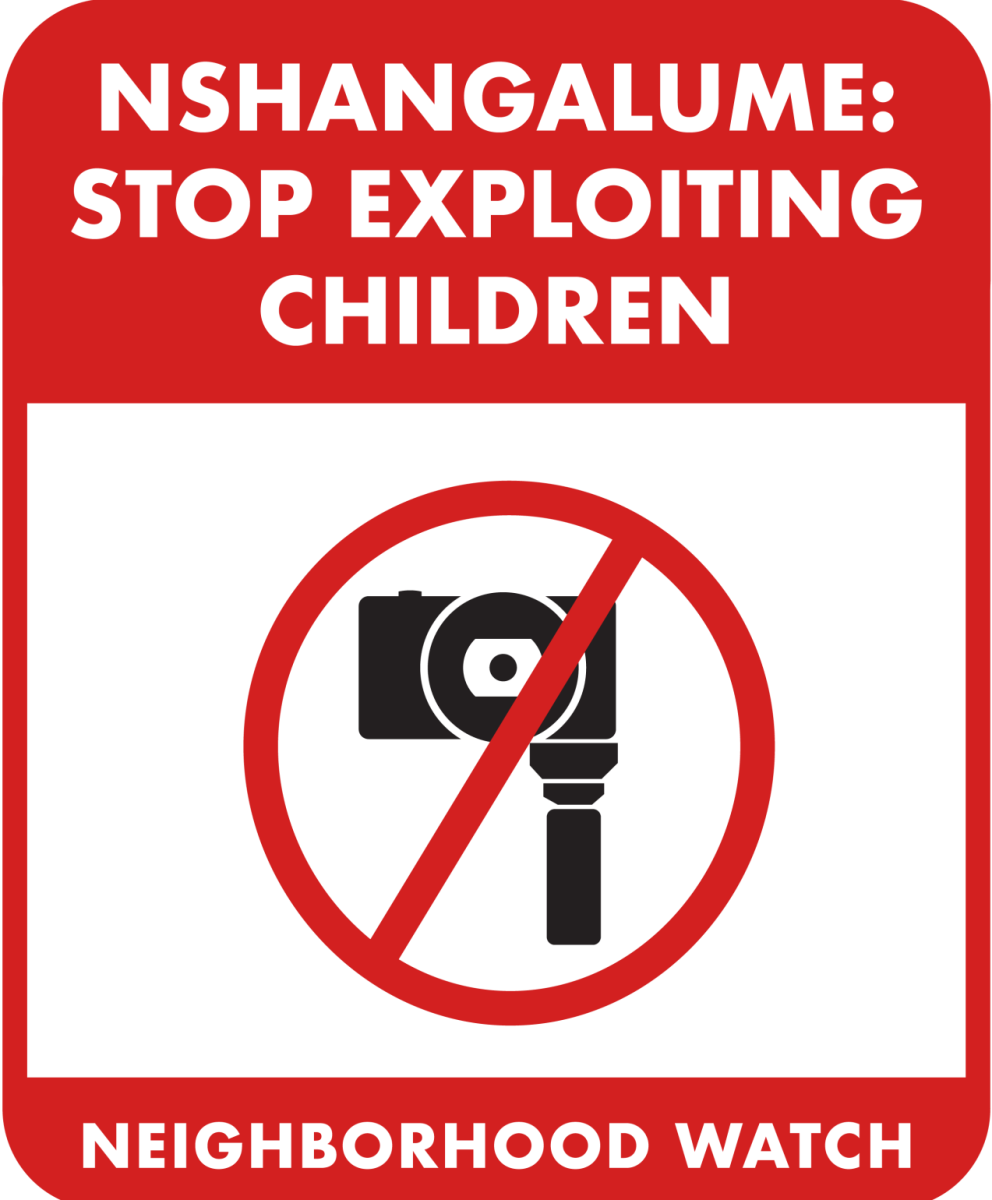Over the past summer, Ruby Franke — the matriarch of the YouTube channel “8 Passengers” — was charged with four counts of aggravated child abuse, just after officials found two of her children malnourished and neglected. After this malicious abuse, many critics have begun speaking about the dangers of family vlogging. With the state of Utah looking to protect children from the dangers of the internet and technology, we must hold all forms of predators accountable.
Though family vlogging is a way for parents to share the somewhat unfiltered lens of the glorious and gruesome journey of parenthood, it instead has become a hideous world of child exploitation. We must urge the state and parents to start protecting our most vulnerable population.
Children should be treated as autonomous beings with a right to childhood and a right to privacy.
Inside the Home
A study done by the Utah Department of Health & Human Services found that one of the leading contributors to the decline of youth mental health is technology. This alarming new trend caused concern all over the country. During his term, Gov. Spencer Cox has worked to protect Utah children from these dangers by demanding social media platforms enact stricter age restrictions. However, his efforts focus on children’s actions and fail to acknowledge situations where their parents put them at risk.
We can begin by holding parents and guardians accountable for using the internet to exploit their children. Rather than solely blaming technology, we must also look inside homes. Parents who share their children’s lives for the sake of clicks and likes are as guilty as industry perpetrators.
Family vlogging has become an unfortunate contributor to the decline of youths’ health and well-being. These young influencers are forced into a role where they are expected to perform exceptionally without considering their wellbeing.
Caroline Easom, a comedian whose skits about child influencers have gone viral, told News5 Cleveland, “I think we need to question who is telling stories because I wish parents would recognize that their children’s stories are not their stories.”
Though many see the internet as a great opportunity for young children to build their wealth and network, it has proven to be quite the opposite. Young influencers are exposed to a dangerous world where they become puppets to their parents’ wallets, all while at the mercy of anonymous commenters and viewers.
Child influencers can bring in millions of dollars, making many the sole breadwinners for their families. Yet, unlike child actors, they’re not guaranteed to receive their earnings. Illinois became the first state to pass laws ensuring financial compensation for minors in mid-2023. California, Maryland and Pennsylvania want to create similar laws — but what about Utah?
Utah’s History with Blogging
Over the past 10 years, parents have been able to fully share some of the most intimate and sensitive moments of their children’s lives with thousands, if not millions, of strangers, an unprecedented vulnerability.
With the rise of the internet, members of the Church of Jesus Christ of Latter-day Saints began to encourage women and mothers to begin blogging. The church has long encouraged documentation of daily life with the goal of “inspiring faith” in non-members.
Through this, many LDS women and families have begun to document their journey through parenthood. However, this new contemporary translation has led to more harm than good.
Family vlogging critics have pointed to many parents’ hunger for monetary gain rather than community. Before the rise of YouTube, TikTok, Instagram and vlogging, many parents did not have the same tools to share these intimate and personal experiences with the whole world. However, since YouTube began compensating its creators, family vloggers and their children have become mere money-makers for these companies, with some parents turning to the camera before comforting their children in need.
Utah, It’s Your Turn
The state must start enacting policies to help lessen these trends of child exploitation. We can begin by urging representatives to introduce bills that would require some sort of guaranteed financial compensation for minors and youth.
Further, we must start educating and stressing the harms of stripping minors of their autonomy. Children have the right to consent to what is shared with the world and to whom it is shared. Moreover, we as a community must start holding these perpetrators accountable for the harm they are causing children.




